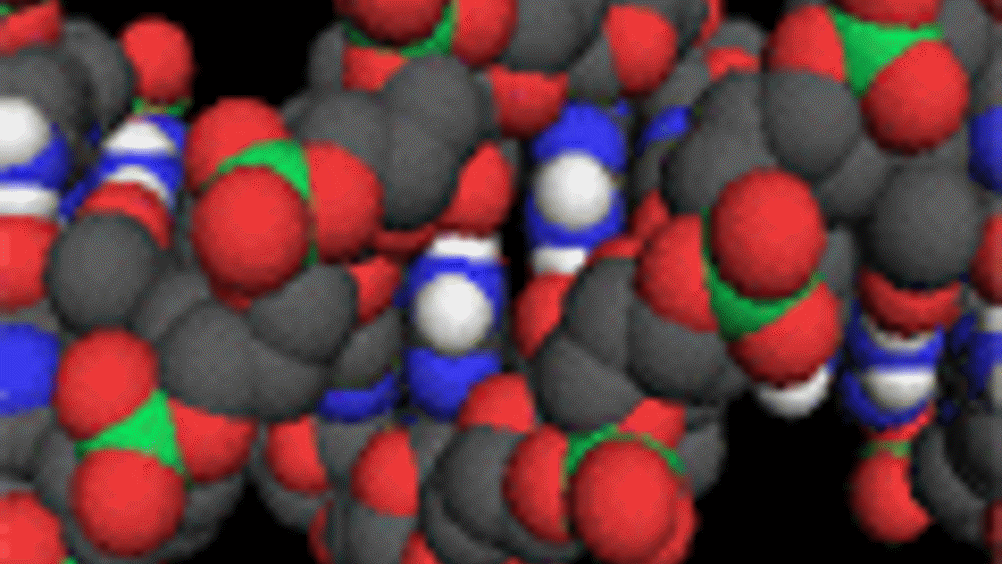Going with the glow

The University of Liverpool has installed a machine known as GS-Flex that uses the enzymes of fireflies as illumination to help read the genetic code of a DNA strand.
Liverpool is one of only two universities in the UK with the machine, which can read up to 100 million DNA letters in a few hours compared to technology currently in use that can only process 50,000.
Scientists from all over the UK will be able to use the new technology for a variety of different purposes, from cancer research to veterinary science. Researchers at Liverpool are looking at DNA sequencing of the malaria parasite. By studying changes in parasite DNA scientists aim to understand why some species of malaria can infect humans and others can only infect other animals.
Professor Neil Hall, at the University’s School of Biological Sciences, said: ‘This new machine is invaluable not only for research into diseases such as cancer and malaria, but for our understanding of genetics as a whole. For example we have scientists looking at the DNA of fish in understanding how genes are activated and we have veterinary scientists looking at how illnesses in domestic pets can be passed to humans.
Register now to continue reading
Thanks for visiting The Engineer. You’ve now reached your monthly limit of news stories. Register for free to unlock unlimited access to all of our news coverage, as well as premium content including opinion, in-depth features and special reports.
Benefits of registering
-
In-depth insights and coverage of key emerging trends
-
Unrestricted access to special reports throughout the year
-
Daily technology news delivered straight to your inbox










Breaking the 15MW Barrier with Next-Gen Wind Turbines
Hi Martin, I don´t have any detailed parameters for the 15MW design other than my reading of the comment in the report ´aerodynamic loads at blade-tip...